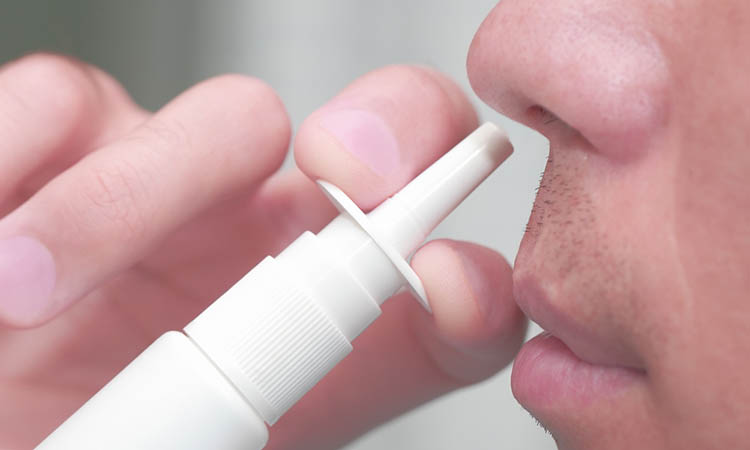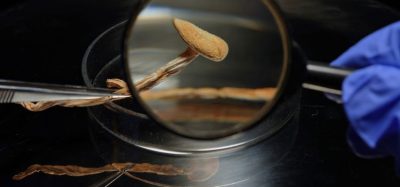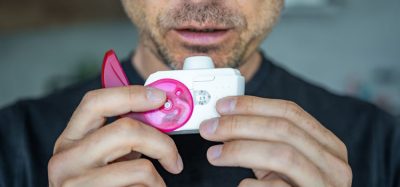Potential anti-COVID-19 nasal spray developed by researchers
Posted: 20 November 2020 | Victoria Rees (European Pharmaceutical Review) | No comments yet
A new nasal spray with ingredients already approved for use in humans could be used to protect people against COVID-19.


A nasal spray to provide protection against the COVID-19 virus has been formulated by researchers at the University of Birmingham, UK. The team formulated the spray using compounds already approved by regulatory bodies in the UK, Europe and the US, and widely used in medical devices, medicines and even food products.
The formulation consists of an antiviral agent, λcarrageenan and a gellan polysaccharide, both of which are already manufactured to pharmaceutical grade.
The research team screened US Food and Drug Administration (FDA)-approved polymers for their muco-adhesive properties and their ability to ‘plume’ when sprayed using a typical nasal spray applicator. They then modelled the physical properties of a range of polymers and quickly settled on gellan polysaccharide, which will improve the longevity of the application by ensuring the nasal spray stays inside the nose, before testing and characterising mixtures of gellan and λcarrageenan at various proportions, to find the formulation that delivers optimum ‘sprayability’ and viscosity.
The researchers tested the dosing by treating COVID-19 before it was added to cell culture and by treating the cells first and then introducing the virus and concluded that the formulation prevents infection by putting a steric barrier around both the cells and the virus while the viruses are incapacitated by λcarrageenan.
In use, this should equate to an antiviral nasal spray that catches and coats the virus inside the nose, preventing its uptake by the body, so it can be eliminated via the usual routes (either nose-blowing or swallowing). In the eventuality that virus particles are passed to another person via a sneeze or cough, the antiviral effect would reduce the risk of transmission of active viruses.
The team believes the spray could be particularly useful in areas where crowding is less avoidable, such as aeroplanes or classrooms and regular application of the spray could significantly reduce disease transmission.
Lead researcher Dr Richard Moakes commented: “This spray is made from readily available products that are already being used in food products and medicines and we purposely built these conditions into our design process. It means that, with the right partners, we could start mass production within weeks.”
University of Birmingham Enterprise has filed a patent application covering the sprayable antiviral formulation for use as an oral, nasal or multi-surface spray for COVID-19 and is now seeking to license the patent to an organisation that is committed to manufacturing a consumer product and managing its distribution it to the widest possible audience.
The study can be found in bioRxiv.
Related topics
Drug Delivery Systems, Drug Development, Formulation, Preclinical Research, Research & Development (R&D)









